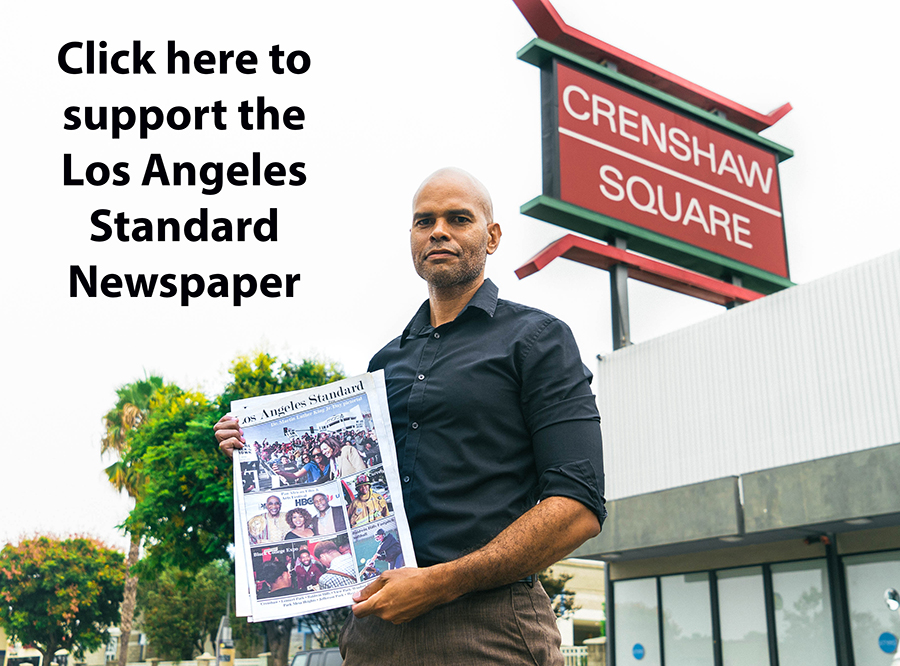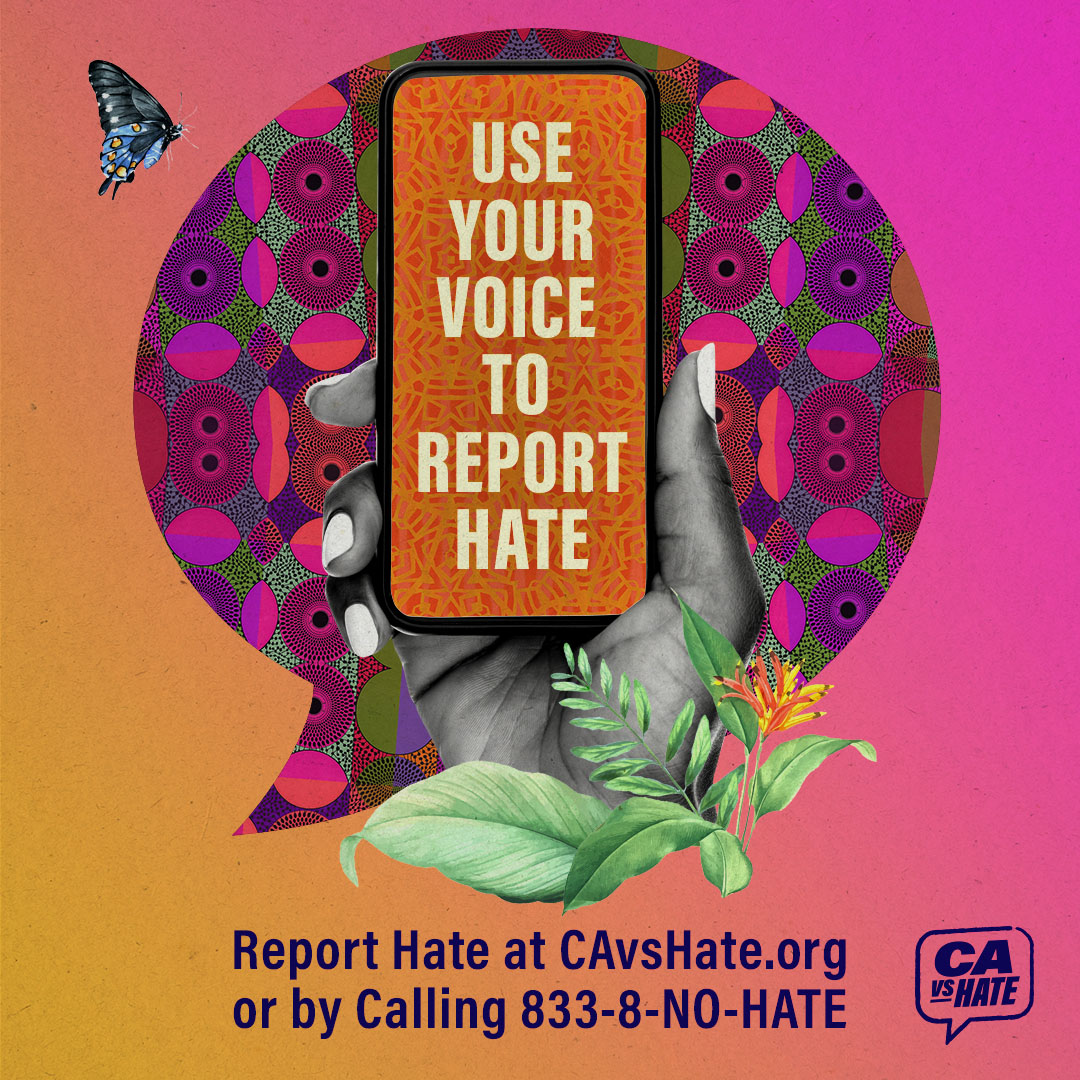Nearly 150 media outlets attended the annual Ethnic Media Conference, Expo, and Awards in Sacramento.

This resource was supported in whole or in part by funding provided by the State of California, administered by the California State Library via California Black Media as part of the Stop the Hate Program. The program is supported by partnership with California Department of Social Services and the California Commission on Asian and Pacific Islander American Affairs as part of the Stop the Hate program. To report a hate incident or hate crime and get support, go to CA vs Hate.
By Jason Lewis
The majority of the first day of the two-day Ethnic Media Conference was dedicated to the California’s Stop the Hate campaign, and it was highlighted by a conversation with California Attorney General Rob Bonta.
Bonta was interviewed by Sacramento Observer publisher Larry Lee, who asked Bonta about California’s latest hate crime report.
“To have the number of hate crimes and the rate of hate crimes go down year over year, even if it’s by single digits, is good,” Bonta said. “Any decrease in hate crimes is a positive, but it doesn’t tell the full story. We need to look at different segments and different groups. Some are having different experiences.”
Black people routinely have a different experience from other groups, as they are the most victimized group on a yearly basis.
“African Americans have long been, year after year, the largest number of hate crimes,” Bonta said. Whether they go up or down, just in raw numbers of total incidents, they’re always the most by a lot. And that’s not acceptable. Our goal is to have no hate crimes in California. We believe that everybody belongs. Nobody should be targeted, attacked or harmed because of who they are, where they’re from, how they look, who they love, or how they pray.”
The 2023 Hate Crime report showed that out of 1,970 hate crime events, 1,017 (51.6 percent) of those were based on race/ethnicity/national origin. Black people were the victims of 518 hate crimes, which account for 50.9 percent of race-based crimes, and 26.3 percent of all hate crimes. Latino victims accounted for 19.6 percent of race-based hate crimes, Asians 12.3 percent, and White people 5.2 percent.
The California Hate Crime report came out about a month after the California anti-hate hotline report was released, and that report had similar findings. Anti-Black bias was by far the most cited reason for reports related to race. The most common reason why people called the anti-hate hotline was for discriminatory treatment, with most of the incidents happening at or near a person’s home, followed by the workplace and public facilities.
An analysis of the report shows that race and ethnicity was the most cited bias motivation with 35.1 percent of the reports. Gender identity was second with 15.4 percent and sexual orientation at 10.8 percent. Within race and ethnicity reports, anti-Black bias was by far the highest with 26.8 percent of the reports, compared to 15.4 percent for anti-Latino bias and 14.3 percent for anti-Asian bias.
During the interview at the Ethnic Media Awards, Bonta spoke about the Racial Justice Bureau, which he launched to fight hate crimes and hate groups. He also said that he’s held roundtables with city mayors and community leaders; he has encouraged prosecutors to have a hate crime unit that works with impacted communities; and he has provided guidance to law enforcement officers to identify hate crimes.











